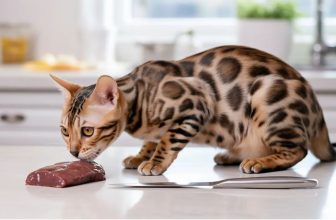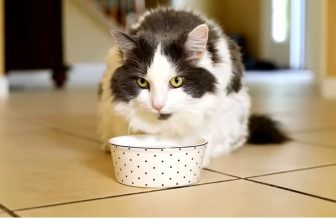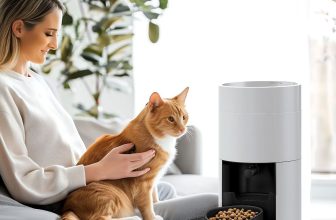Can Cats Eat Grapes? Learn What’s Safe for Your Cat
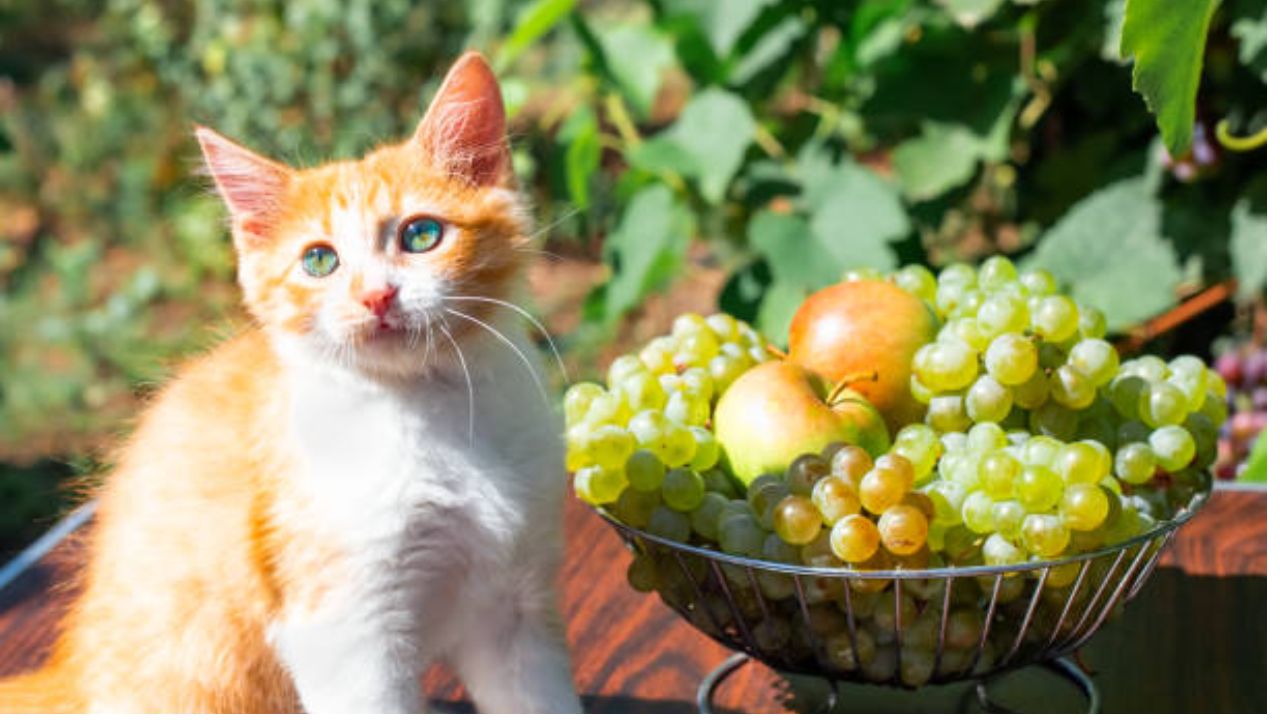
Can cats eat grapes? The short answer is no. Grapes can be harmful and may cause serious health issues like kidney failure in cats. While these fruits are safe for humans, they pose a real danger to your feline friend. Cats are curious and often explore food around them, so it’s important to know what’s safe. As a responsible pet owner, avoiding toxic foods like grapes can prevent emergencies and vet visits. In this guide, we’ll explain why grapes are dangerous for cats and share healthy, vet-approved alternatives to keep your cat safe and happy.
Cat Nutrition Basics
Cats are curious creatures, often exploring things around them. This includes food items that might not be safe for them. Grapes are a popular fruit among humans but can be harmful to cats. It’s crucial to understand what our feline friends can eat. Keeping their diet safe and healthy ensures they live a long and happy life. Let’s dive into cat nutrition basics and learn more about what they should and shouldn’t eat.
Essential Nutrients
Felines require a balanced diet to stay healthy. Their diet should include:
- Protein: Cats are obligate carnivores, needing high protein from meat.
- Fats: Essential for energy, they help absorb certain vitamins.
- Vitamins: Vital for metabolism, growth, and overall well-being.
- Minerals: Important for bone health and nerve function.
- Water: Keeps them hydrated and supports bodily functions.
A table can simplify understanding:
| Essential Nutrient | Role in Cat Health |
|---|---|
| Protein | Muscle growth and repair |
| Fats | Energy and vitamin absorption |
| Vitamins | Metabolism and immune support |
| Minerals | Bone and nerve health |
| Water | Hydration and bodily functions |
Toxic Foods
Cats need protection from foods that harm them. Grapes are on the list of toxic foods. Even a small amount can cause serious health issues. Other harmful foods include:
- Chocolate: Contains theobromine, dangerous for cats.
- Onions and Garlic: Can damage red blood cells.
- Alcohol: Affects their liver and brain.
- Caffeine: This leads to rapid heart rate and restlessness.
- Raw Dough: Expands in the stomach, causing pain.
Always monitor what your cat eats. Keep harmful foods out of reach. Seek immediate help if you suspect they consumed something toxic. Their health and safety come first.
Grapes And Cats
Cats are curious creatures. They often explore their surroundings, including the food on their plate. Grapes are a common snack for humans, but they might not be safe for cats. Understanding whether cats can eat grapes is crucial. Grapes and cats don’t mix well, and feeding grapes to cats can lead to health issues. Let’s explore why grapes pose a risk to your feline friend.
Potential Risks
Grapes can be dangerous for cats. They contain harmful compounds. Even a small amount can cause serious problems. Here are some potential risks of feeding grapes to cats:
- Kidney Damage: Grapes can lead to kidney failure in cats.
- Digestive Issues: Cats may experience vomiting and diarrhea.
- Unknown Toxins: The exact toxic compound in grapes is unknown, making them unpredictable.
It’s important to note that not all cats react the same way. Some might not show symptoms, but others could be severely affected. Always err on the side of caution. Avoid giving grapes to your cat altogether.
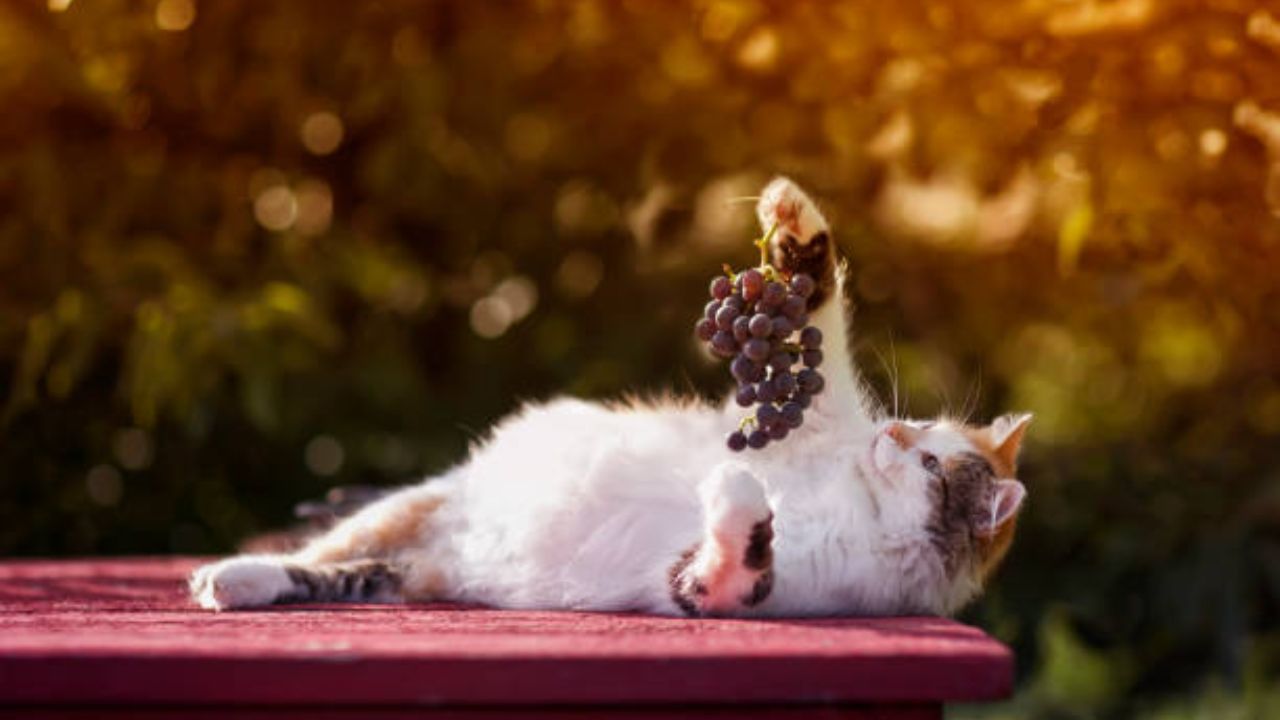
Symptoms Of Toxicity
If a cat eats grapes, watch for symptoms of toxicity. Early detection is key. Here are some signs to look out for:
- Vomiting: Often occurs shortly after ingestion.
- Diarrhea: A common response to consuming grapes.
- Lethargy: The cat may become unusually tired or weak.
- Decreased Appetite: Cats may refuse food after eating grapes.
- Abdominal Pain: Cats may show signs of discomfort or pain.
If your cat shows these symptoms, contact a vet immediately. Quick action can prevent serious health issues. Always keep grapes out of reach from cats.
Scientific Findings
Cats are curious creatures and often explore their surroundings. This can include tasting human foods. One common question is whether cats can eat grapes. Grapes are a popular snack for humans but may not be safe for our feline friends. Understanding the impact of grapes on cats is important. Scientific findings offer insights into whether grapes are harmful to cats.
Research Studies
Several studies have been conducted on the effects of grapes on pets. Most research focuses on dogs, but some findings can be applied to cats. Here are some key points from these studies:
- Grapes and raisins can be toxic to dogs, causing kidney failure.
- Cats might have a similar reaction due to their similar physiology.
- Symptoms in pets include vomiting, diarrhea, and lethargy.
Although direct studies on cats are limited, researchers advise caution. A small amount of grapes can lead to severe symptoms in pets. Always consult a vet if your cat accidentally eats grapes.
Expert Opinions
Veterinary experts offer guidance on this topic. They emphasize that cats have different dietary needs than humans. Here are some expert insights:
- Most vets recommend avoiding grapes for cats entirely.
- Cats are obligate carnivores, need meat-based diets.
- Grapes provide no nutritional benefit to cats.
Experts suggest sticking to cat-friendly treats. These ensure your pet stays healthy and happy. If you’re unsure about a food, always seek professional advice.
Safe Alternatives
Cats are curious creatures with unique dietary needs. Grapes, though harmless to humans, can be toxic for cats. Consuming grapes might lead to kidney failure in felines, which is a serious health issue. Therefore, it’s essential to know what fruits are safe for our furry friends. Providing safe alternatives will ensure their health and happiness. This guide explores fruits cats can eat and healthy treat options for them.
Fruits Cats Can Eat
Cats can enjoy certain fruits safely. These fruits offer vitamins and hydration. But always remember, moderation is key:
- Apples: Remove seeds and core. Apples provide fiber and vitamins.
- Bananas: Rich in potassium. Easy to digest.
- Blueberries: High in antioxidants. Good for the immune system.
- Watermelon: Hydrating fruit. Remove seeds and rind.
These fruits can be given in small pieces. Always wash them thoroughly. Cats should not eat fruit regularly, only as an occasional treat. Their primary diet should be protein-based.
Healthy Treat Options
Besides fruits, other treats are safe and healthy:
- Cooked Chicken: High in protein. Ensure it’s plain and boneless.
- Plain Fish: Salmon or tuna. Rich in omega-3 fatty acids.
- Eggs: Boiled or scrambled. A good source of protein and vitamins.
- Catnip: Safe herb. Provides stimulation and joy.
These treats should complement their regular diet. Always check for allergies. Consult a vet if unsure about a new treat.
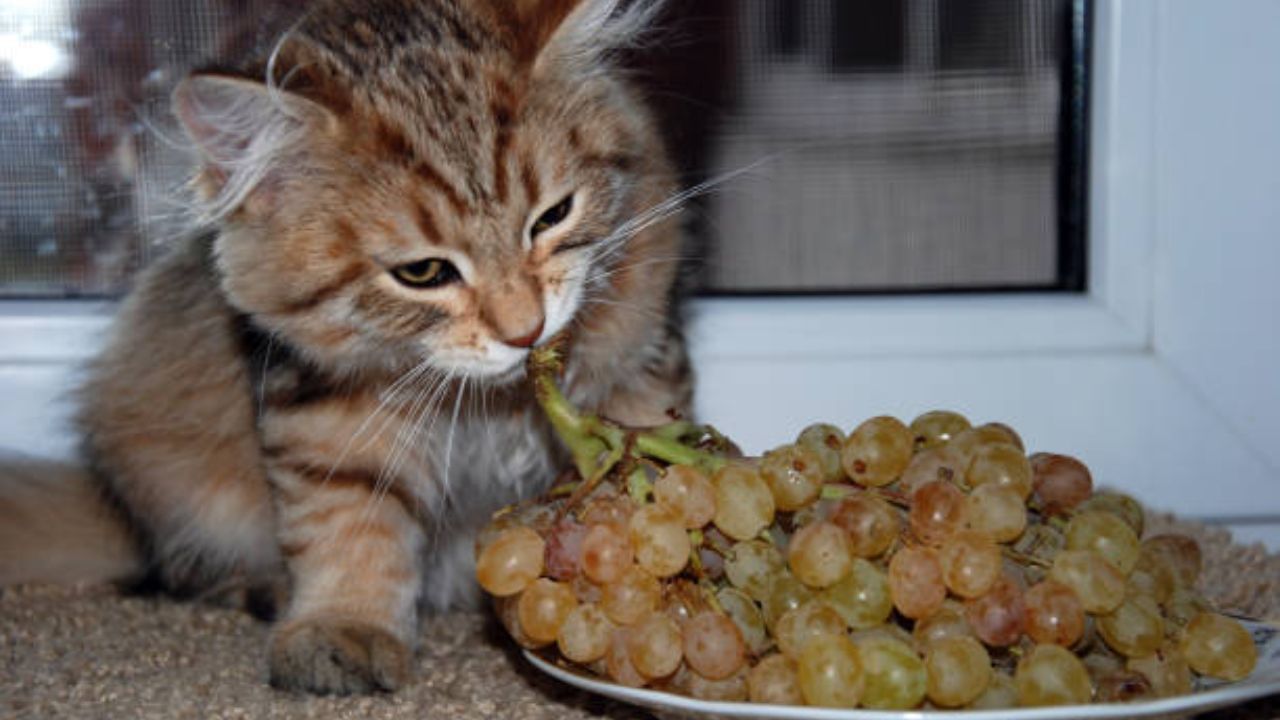
How To Respond
Cats are curious creatures with unique eating habits. Owners often wonder about safe foods for their pets. Grapes are common snacks for humans, but are they safe for cats? Cats should not eat grapes. Grapes can be toxic and harmful to them. It’s crucial to know how to respond if your cat eats grapes. Awareness and quick action can ensure your cat’s health and safety.
If Your Cat Eats Grapes
If your cat eats grapes, stay calm. Immediate action is necessary. Here’s what you should do:
- Remove any remaining grapes from your cat’s reach.
- Do not induce vomiting without consulting a vet.
- Monitor your cat for any unusual behavior or symptoms.
Watch for signs like:
- Vomiting
- Diarrhea
- Lethargy
- Abdominal pain
If symptoms appear, contact a vet immediately. Prompt attention is crucial for your cat’s health. Keep a close eye on your cat for several hours. Early detection can prevent complications. Always keep harmful foods away from your pets.
When To Seek Help
Knowing when to seek help is essential. Vet intervention might be needed. Here are situations to watch:
- Your cat shows persistent symptoms for more than a few hours.
- Your cat’s condition worsens over time.
- Your cat seems in distress or pain.
Trust your instincts. If you feel something is wrong, don’t delay. Vets are trained to handle such situations. They can provide the best care for your cat. Don’t wait for symptoms to worsen. Quick action can save your cat’s life. Keep emergency vet numbers handy. Preparedness can make a difference. Your cat’s health is a priority.
Preventing Access
Cats are curious creatures, always exploring their surroundings. This curiosity sometimes leads them to try foods that aren’t safe. Grapes are one such food. While grapes are healthy for humans, they can be harmful to cats. Even a small amount can cause serious health issues. Understanding the risks and preventing access to grapes is crucial for cat owners. Simple steps can ensure your pet’s safety. Let’s explore how to keep grapes away from your feline friend.
Safe Food Storage
Proper storage is essential to keep your cat safe. Grapes should be stored in places cats can’t reach. Here are some tips to help:
- Store grapes in sealed containers.
- Keep containers on high shelves or in cabinets.
- Use childproof locks on cabinets if necessary.
Consider a dedicated storage area for foods toxic to pets. This ensures all harmful foods are kept away from your cat. A small investment in secure storage solutions can prevent potential health risks. Using airtight containers also keeps grapes fresh longer. This benefits both you and your pet.
Here’s a simple table to understand storage options:
| Storage Option | Accessibility |
|---|---|
| Sealed Containers | Low |
| High Shelves | Very Low |
| Childproof Cabinets | Extremely Low |
By following these steps, you can significantly reduce the risk of your cat accessing grapes.
Educating Family Members
Every household member must know about the dangers of grapes. Discuss with your family about the risks grapes pose to cats. Here are some ways to educate them:
- Hold a family meeting to discuss pet safety.
- Create a list of foods that are unsafe for cats.
- Share this list with everyone in the house.
Consider printing the list and placing it on the fridge. This serves as a constant reminder. Children should also be taught about pet safety. Use simple language to explain why certain foods are dangerous. You could also involve them in the process of storing food safely.
Education is key to preventing accidents. By spreading awareness, you ensure everyone plays a part in keeping your cat safe. Regular reminders and discussions can help keep the information fresh in their minds.
Common Myths
Many pet owners are curious about which foods are safe for their furry friends. One common question is, can cats eat grapes? This topic is surrounded by several myths and misunderstandings. Understanding what is true and what is not can help keep your cat safe. Cats have different dietary needs compared to humans. Some foods that are harmless to us can be dangerous to them. Grapes are one such food. It’s important to know the facts and keep your cat healthy.
Grapes might seem like a harmless snack, but they can be harmful to cats. Cats should never eat grapes or raisins. These fruits are known to cause kidney problems in cats. Symptoms can be severe and include vomiting and lethargy. Always keep grapes out of reach of your pets. Cats do not have the same digestive system as humans. Here are some reasons why grapes are dangerous:
- Toxicity: Grapes can cause kidney failure in cats.
- Unknown compounds: The exact harmful substance in grapes is unknown.
- Small doses: Even small amounts can be dangerous.
It is best to avoid grapes entirely. If your cat accidentally eats grapes, contact a vet immediately. Timely intervention can prevent serious health issues. Always monitor your cat’s diet and ensure it is safe.
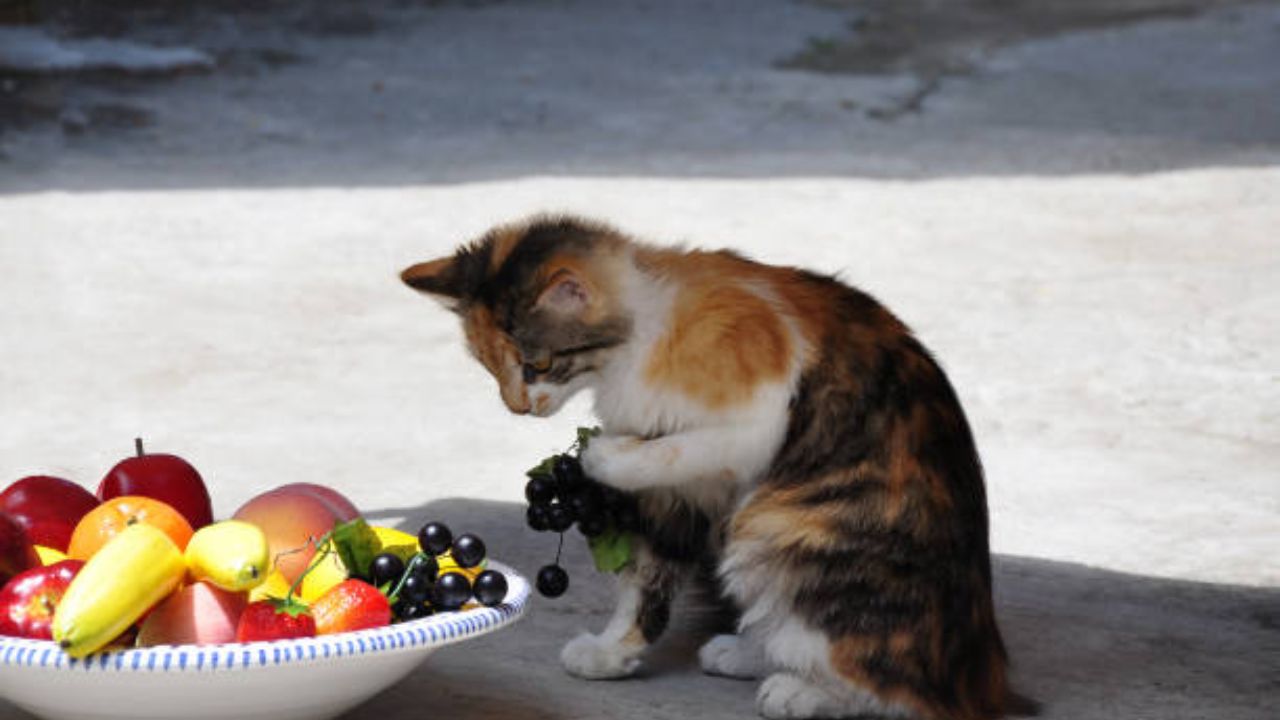
Misunderstood Foods
Many foods are misunderstood when it comes to pet safety. People often believe that if a food is safe for humans, it is safe for cats too. This is not true. Cats require specific nutrients found in meat. Some foods can be toxic to them. Here is a list of foods that are often misunderstood:
| Food | Potential Harm |
|---|---|
| Chocolate | Contains theobromine, toxic to cats. |
| Onions | Can cause anemia in cats. |
| Garlic | Similar effects as onions, dangerous. |
| Alcohol | Severe harm, even in small amounts. |
Always check if a food is safe before giving it to your cat. Misunderstandings can lead to health problems. Be cautious and informed about your pet’s diet. A balanced diet keeps your cat healthy and happy.
Final Thoughts
Cats are curious creatures, often exploring their surroundings and nibbling on things they find intriguing. As a pet owner, it’s crucial to know what foods are safe for your feline friend. Grapes are a common fruit, but can cats eat them without harm? Understanding the dietary needs of cats ensures their health and happiness. This guide explores the safety of grapes in a cat’s diet and offers insights into maintaining a balanced diet for your furry companion.
Staying Informed
Keeping your pet safe involves knowing what foods are harmful. Grapes are toxic to cats, even in small amounts. They can cause severe health issues. Symptoms may include vomiting, lethargy, and even kidney failure. Being informed about dangerous foods is vital.
- Grapes and raisins can lead to kidney issues.
- Always check with a vet if unsure about food safety.
- Monitor your cat for any unusual behavior after eating.
Research and knowledge are tools that help protect your cat. Many resources online discuss pet nutrition. It’s important to rely on trusted sources. Veterinarian advice is the most reliable. They provide tailored guidance based on your cat’s health needs.
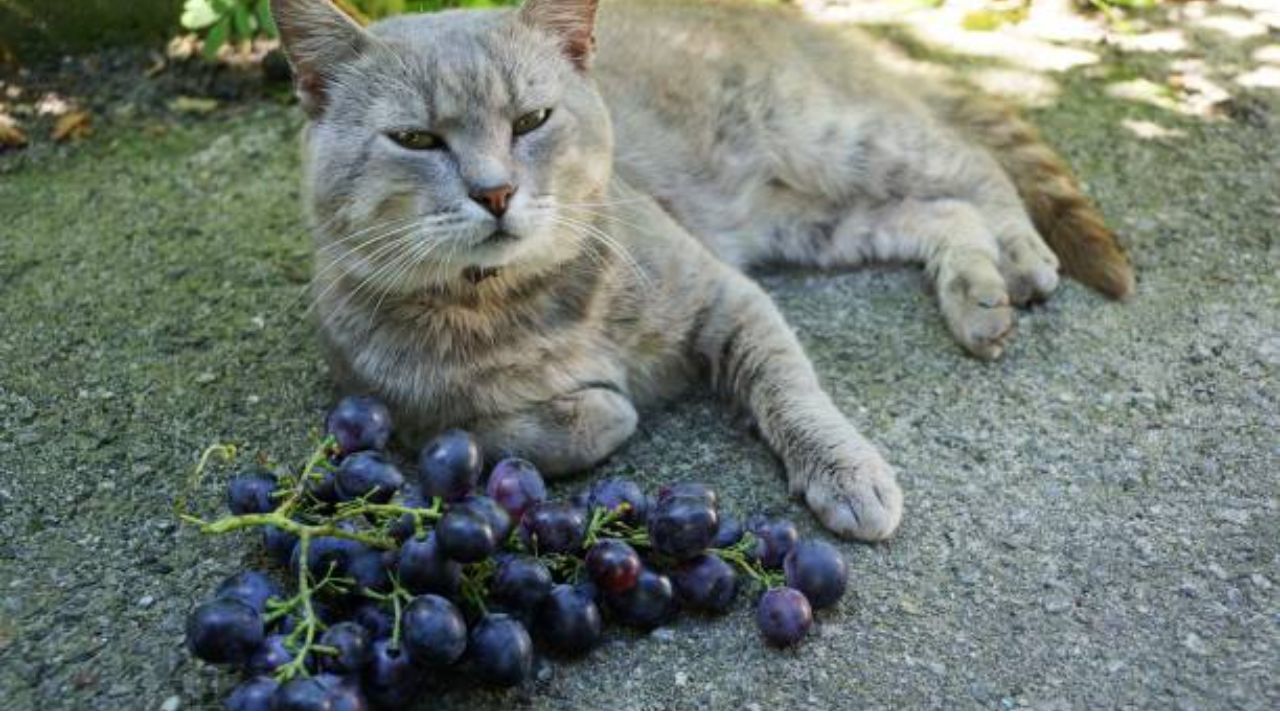
Caring For Your Cat’s Diet
A balanced diet keeps your cat healthy. Cats need specific nutrients to thrive. Protein is a crucial part of their diet. Commercial cat foods often offer balanced nutrition. Choosing high-quality cat food ensures your pet gets what they need.
| Essential Nutrients | Sources |
|---|---|
| Protein | Chicken, Fish |
| Vitamins | Leafy Greens |
| Fiber | Pumpkin |
Understanding your cat’s dietary needs helps prevent health issues. Avoid human foods that might be harmful. Stick to cat-specific products. Regular vet check-ups help monitor your cat’s health. This ensures they have a balanced and healthy diet.
Frequently Asked Questions: Can Cats Eat Grapes?
What Happens If My Cat Ate A Grape?
Grapes can be toxic to cats. Contact your veterinarian immediately if your cat eats one. Symptoms may include vomiting, lethargy, or diarrhea. Prompt veterinary care is crucial to prevent potential kidney damage. Always keep grapes and raisins out of your cat’s reach to ensure their safety.
Why Is My Cat Obsessed With Grapes?
Cats may be intrigued by grapes due to their unique texture and scent. Grapes are not toxic to cats but can pose a choking hazard. It’s best to keep grapes away from your cat to ensure their safety. Always consult your vet for any concerns about your pet’s diet.
What Fruit Is Not Toxic To Cats?
Cats can safely eat small amounts of blueberries, bananas, and apples (without seeds). Always introduce new foods gradually. Avoid feeding grapes, cherries, or citrus fruits. These can be harmful to cats. Consult your vet before adding fruits to your pet’s diet for safety
What Animals Can Eat Grapes?
Dogs, cats, and some birds can eat grapes, but it’s risky. Grapes are toxic to dogs and cats, potentially causing kidney failure. Birds can eat small amounts without issues. Always consult a vet before offering grapes to pets. It’s crucial to prioritize your pet’s health and safety.
Conclusion
Cats should avoid grapes. They can harm your feline friend. Grapes may seem harmless, but they pose risks. Even small amounts can be dangerous. Keep grapes and raisins out of their reach. Always check food labels for hidden ingredients. Your cat’s health is important.
Provide safe treats and watch their diet closely. Research before offering new foods. Consult your vet with concerns. Your cat trusts you for safety. Protecting them keeps them healthy and happy. Remember, their well-being is in your hands. Keep their diet simple and safe for a happier, healthier life.



